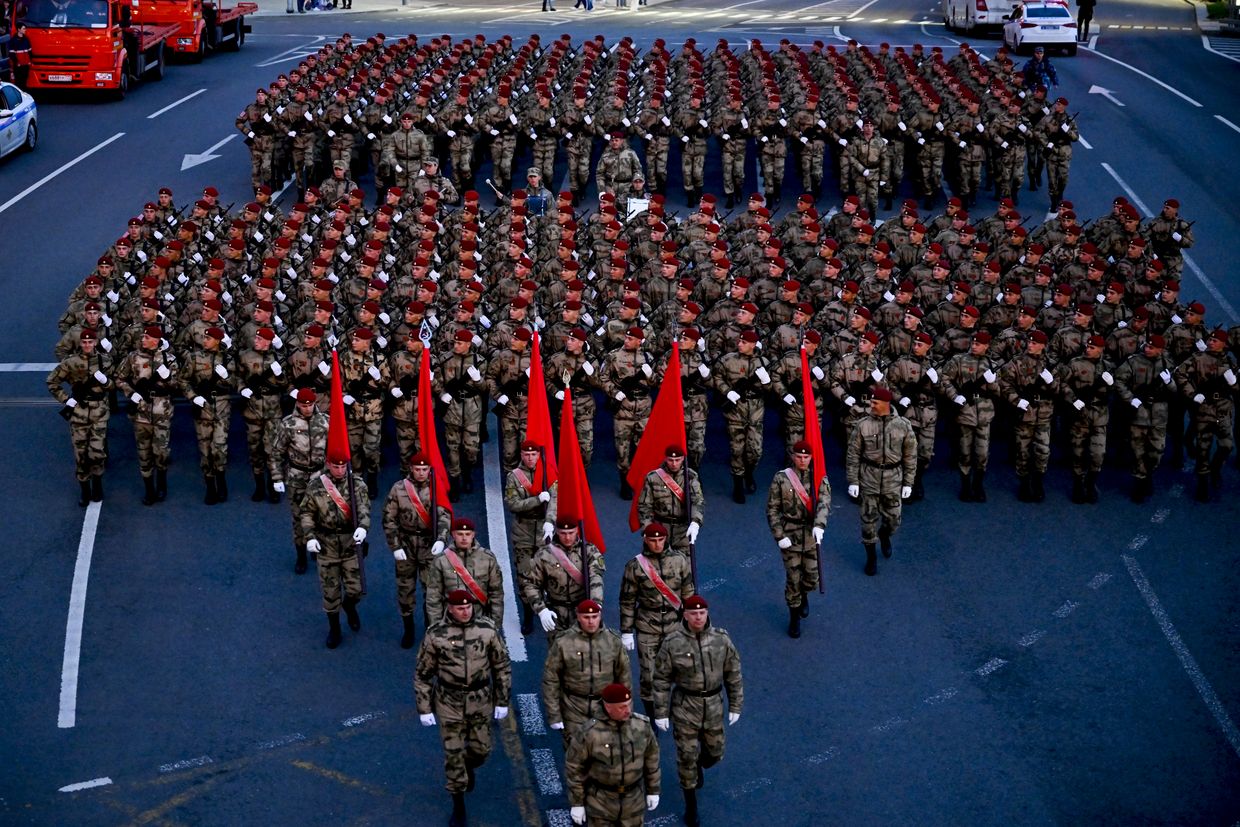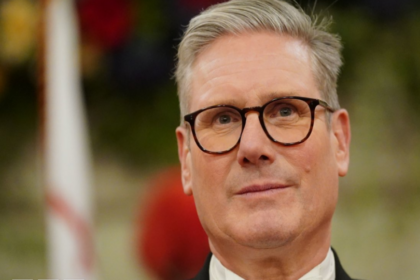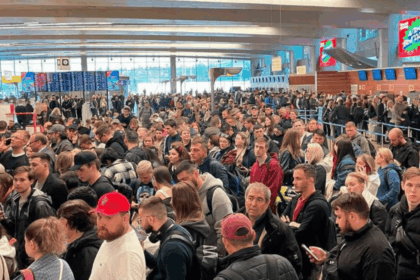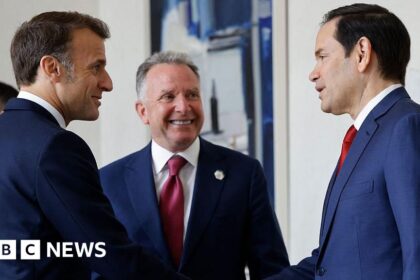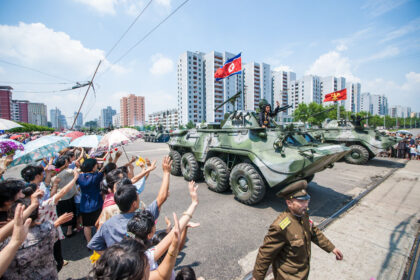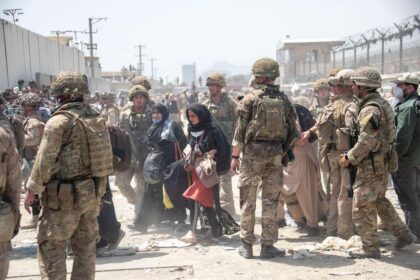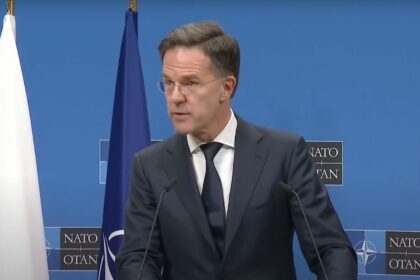**Russia’s Victory Day Parade to Take Place Amid Ukrainian Drone Strikes**
The annual Victory Day parade in Moscow is set to take place on May 9, amidst a dramatic week marked by Ukrainian drone strikes on the city. The parade is a key part of Russian President Vladimir Putin’s propaganda efforts to justify aggression against Ukraine.
Victory Day commemorates the Soviet Union’s role in defeating Nazi Germany in World War II, and it is one of Russia’s biggest public events of the year. However, this year’s celebrations come at a time when Russia has been using information warfare to promote its interests and undermine opponents across the world.
**Russia’s Information Warfare Efforts**
According to Christopher Walker, vice president for studies and analysis at the National Endowment for Democracy, Russia has spent an estimated $1.5 billion annually on foreign disinformation campaigns. These efforts have skillfully taken advantage of existing divisions in society, inflaming tensions to divide and destabilize.
The use of information warfare is not new to Russia’s foreign policy. The country has been using propaganda to promote its interests for decades. However, the current conflict with Ukraine has seen a significant escalation of these efforts.
**Ukraine’s Resistance**
In contrast, Ukraine has shown remarkable resilience in the face of Russian aggression. Despite suffering significant losses, including the recent devastating missile and drone attack on Kyiv that killed at least 12 people and injured 90 others, Ukrainians continue to resist.
The country’s people have come together to support each other, with many volunteering for military service or providing aid to those affected by the conflict. The bravery and determination of the Ukrainian people are a testament to their commitment to defending their homeland.
**International Response**
The international community has been criticized for not doing enough to condemn Russian aggression. U.S. President Donald Trump’s response to the recent missile attack on Kyiv was widely seen as inadequate, with many calling on him to take a stronger stance against Russia.
However, there are still those who recognize the gravity of the situation and are working tirelessly to support Ukraine. The Global Engagement Center, which led efforts to counter Russian disinformation in 2022-2024, has closed its doors. However, this does not mean that the fight against Russian propaganda is over.
**A New Era of Information Warfare**
The recent developments in Russia’s use of information warfare and the closure of the Global Engagement Center highlight the need for a new era of information warfare. The world must come together to counter Russian disinformation and support Ukraine in its fight against aggression.
As James Rubin, a former diplomat who led the Global Engagement Center, noted, “The closure of our center is like disarming the country in the information war.” It is up to all of us to take action and ensure that Russia’s propaganda efforts are countered with facts and truth.




